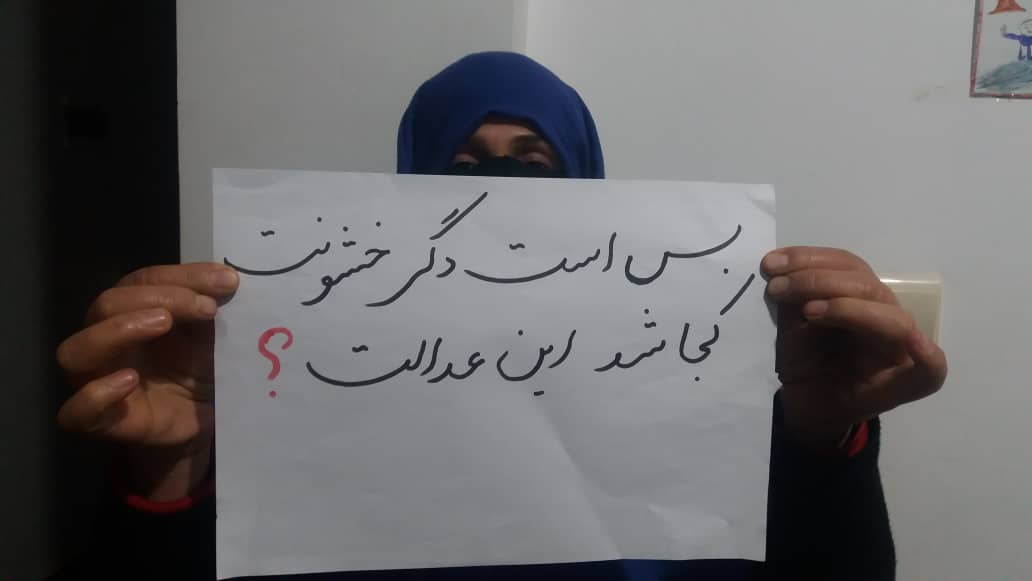Taliban has banned women from colleges and universities, and faculty are not allowed to take online classes for girl students.
It came as a shock for Zuhal Hashmi, a student of Bakhtar University, Kabul, when she got to know that the Taliban has banned women from universities. Zuhal is a student in the BBA programme and on the day of the announcement, she went to the university to appear for last semester’s examination. “All girls were present, but the Talibs only allowed boys to enter the campus,” Zuhal told The Sunday Guardian over phone.
“All girls pleaded for hours, but the Talibs didn’t allow us and at last, they threatened to shoot us,” Zuhal added. She was weeping while narrating her ordeal. First, the Taliban regime expelled women faculty from higher educational institutes and then they separated classes for boys and girls and the current diktat has come as a blow to thousands of female students studying in Afghan colleges and universities.
Zuhal’s father was in the Afghan army but after the Taliban took over, he is jobless. Zuhal has a total of 11 family members, six sisters, one brother, her wife and two kids and two parents.
She used to work in a bank part-time to support her family. “But the Taliban has also banned girls from working in the bank. They snatched my job for bread earning,” Zuhal narrated. Her brother works in the Hadaf organization and now he is the only one to earn for the whole family.
Like many other female students, Zuhal is also worried about her future. “Women here are in mental trauma. We don’t know what will happen to us,” Zuhal said. Her professors have given female students assignments and on the basis of assignments, girls’ last examination will be taken.
They have asked their professor about their future education, “but even they are also not aware of our future”. Now girls in Afghanistan are requesting online classes, but the faculty is saying that they are not permitted to take online classes for girl students.
The video of women protesting in the Afghan capital, Kabul, has surfaced on social media. The women in the videos could be seen asking for their right to education. In one video, it is also seen that the Taliban is using water cannons to stop protesters.
Various Islamic nations have condemned the Taliban’s new rule. Turkish Foreign Minister Mevlut Cavusoglu called on the Taliban to reverse the ban, which he said was “neither Islamic nor humane.”
Saudi Arabia also urged the Taliban to change course. A Saudi Foreign Ministry statement said the decision was “astonishing in all Islamic countries”. UN Human Rights High Commissioner Volker Türk also condemned this step and described the ban as “another appalling and cruel blow to the rights of Afghan women and girls and a deeply regrettable setback for the entire country”.
Jamila, a student of Curative Medicine at the Afghan Swiss Medical Higher Educational Institute, was going to appear for her 11th semester examination. But like others, she was also not allowed to enter the campus. “I got information about this ban via the class WhatsApp group. From that moment, my life has turned upside down,” Jamila narrated her ordeal over the phone. “The only thing left for me is tears,” she added.
Jamila’s professors have told students to wait until further notice. Jamila has ten members in the family, five brothers, three sisters and two parents. Her three brothers are abroad and two are in Afghanistan. Her father is a retired employee of the Agriculture Department and currently, she is working as a nurse part-time to support her family.
“Even one of my classmates tried to take her life,” Jamila said. “We girls are blank. I always wanted to contribute to society as a medical professional, but this has ruined my life,” Jamila said while crying. Her parents are comforting her by saying that “Allah will take care of everything”.
Not only this dictate, but the deplorable condition of electricity and internet is also a big problem for Afghan students. According to Neda Mohammad Nadeem, the minister for higher education in the Taliban government, the reason behind this ban is that women students had ignored Islamic instructions including what to wear or being accompanied by a male relative when travelling.
“Unfortunately, after the passing of 14 months, the instructions of the Ministry of Higher Education of the Islamic Emirate regarding the education of women were not implemented,” Nadeem said in an interview on state television. “They were dressing like they were going to a wedding. Those girls who were coming to universities from home were also not following instructions on hijab,” he added.
Many students in Afghanistan were aware that this ban may come soon. “Last month, one of my classmates said that the Taliban may ban girls from higher educational institutes. But I thought it is fake news but today they did this,” Jamila said. She also informed about the current situation in Afghanistan. “It is winter and there are no clothes to wear. I work in the maternity ward, there is no food, and we are living in a crisis. All women and their new-born admitted to the maternity ward are malnourished,” Jamila said.

